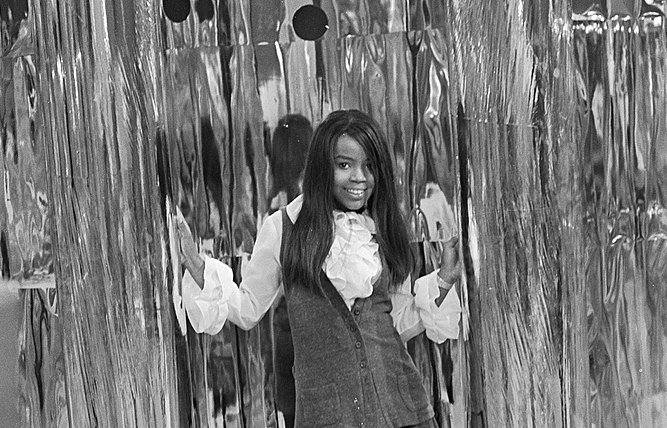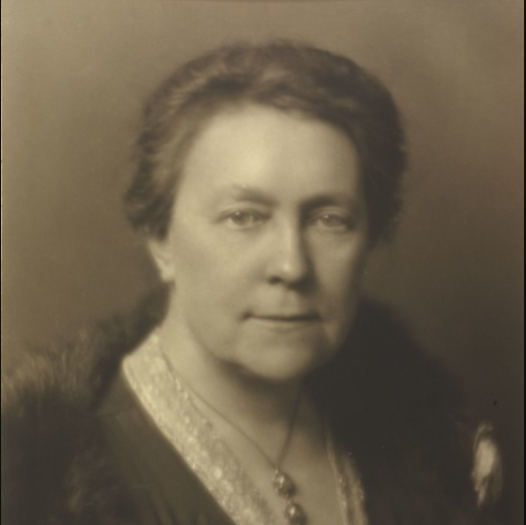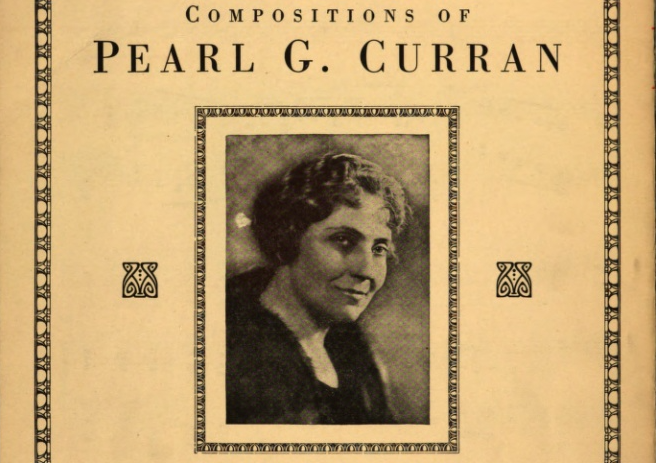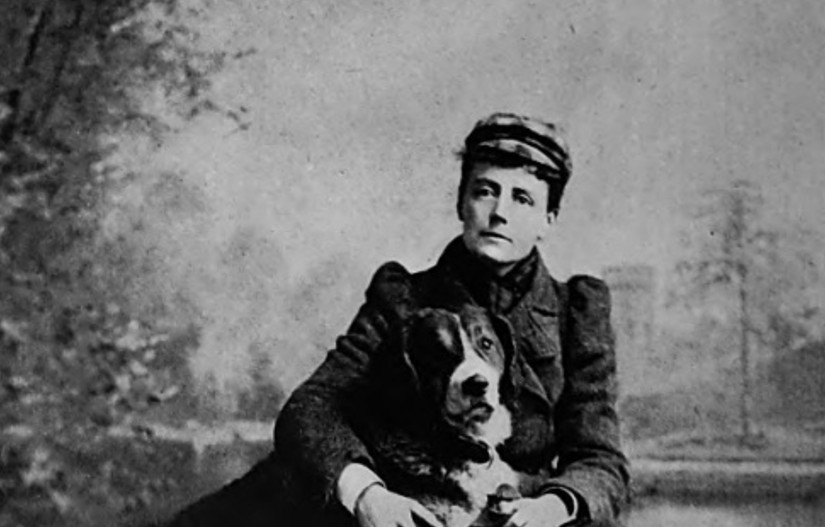In a set of photos published in the Guardian in 2017, P. P. Arnold sits on the bed in a London flat that once belonged to Jimi Hendrix. She’s surrounded by electric guitars, psychedelic wall hangings, and other rock finery. Hendrix’s flat, once a disreputable site of rock star hangouts, is now a museum: a pristine temple emblematic of how 60s rock has become an institution. In these pictures, Arnold occupies sacred space as though she owns it, gazing at the camera with defiance and joy. Her regal posture sends a message: that she is central to the institution of rock and roll. These images refute narratives of rock and roll that consistently relegate Arnold – and other Black women like her – to its margins.
The Hendrix photos were taken to promote The Turning Tide – Arnold’s so-called “lost” record, recorded in the late 1960s, shelved, and then finally released in 2017. The story of The Turning Tide is more than just the story of a record: it’s a story of how Arnold has had to reassert her role in the histories of rock.
Arnold is from the United States, but is not well known in North America; she has spent most of her career in England and has cult status in the UK and Europe. I came across her work by happenstance: browsing the racks at Amoeba Music, the enormous record store that sits on Sunset Boulevard in Hollywood, I found a copy of The First Lady of Immediate, a compilation of Arnold’s 1960s recordings. I was curious about this singer I had never heard of, and when I listened to the album’s first track – Arnold’s dreamy version of “The First Cut is the Deepest” – I was taken by her voice and her capacity to channel emotion with such subtlety and power. At the time, I was researching Motown’s early tours of England, and how they had influenced singers like Dusty Springfield, Lulu, and others. Arnold’s story felt like another piece of this history. I wondered how Arnold had navigated the attitudes about race that shaped Motown’s British reception. I also was struck by the many partnerships with mostly white British musicians that she had cultivated throughout her career. How, I wondered, did her voice influence the musicians who came to be seen as the standard bearers of rock and roll in the 1960s and 1970s?
Arnold’s story began in Los Angeles, where she grew up singing in church with her family. When she was seventeen, she successfully auditioned to be a member of the Ikettes, the backup vocal group that toured with the Ike and Tina Turner Revue. This moment proved transformational. Going on tour with Revue allowed her to leave behind an abusive marriage. She traveled to England with Tina and Ike and once there, she immersed herself in London’s rock scene. She decided to stay.
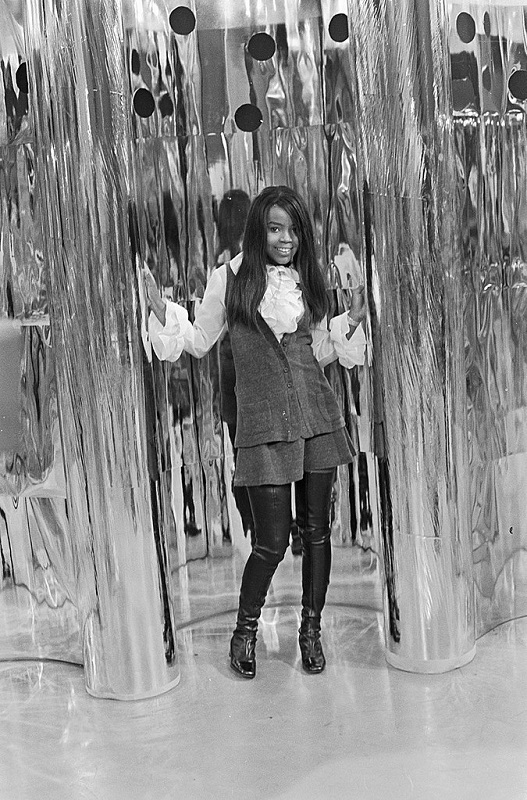
Because of her gospel experience and an aptitude for rock vocals honed on the road with the Turners, Arnold quickly became a sought-after musical collaborator by white rock groups looking to tap into what they saw as an authentic Black American sound. Arnold collaborated with a who’s who of rock: Eric Clapton, Rod Stewart, the Rolling Stones, and, most significantly, Steve Mariott of Small Faces. Arnold’s vocal harmonies on Small Faces’ songs like “Tin Soldier” cut through the musical texture, soaring above the guitars and drums; her voice is flexible, but often gritty, bringing an emotional intensity that is ultimately what makes these songs immersive and emotionally convincing. As Maureen Mahon puts it in Black Diamond Queens, Arnold’s vocals “help sell the song.” Mahon writes: “Arnold’s harmonizing backing vocals lift the energy and intensify the feeling of the song. She provides a response to the call that Marriott issues, fortifying his voice when the two sing together.”
Arnold was signed to Immediate Records, an independent label launched by Rolling Stones manager Andrew Loog Oldham. Oldham hoped to market Immediate as a counter-cultural alternative to the big, establishment British record labels. Arnold’s voice was a crucial part of these efforts. To Oldham, the sound that Arnold brought to tracks like “Tin Soldier” represented a rhythm and blues authenticity that, he hoped, would distinguish Immediate from other labels. One of very few women signed to the label, Arnold was dubbed “The First Lady of Immediate.”
It was during the Immediate years that Arnold recorded “The First Cut is the Deepest.” Composed by Cat Stevens, the song is now more familiar to most listeners through later hit versions by Rod Stewart and Sheryl Crow. Arnold’s original is a showcase of her vocal skill and expertise. She uses a wide diversity of timbral qualities, her voice changing from one word to the next. For instance, when she sings “there’s something that’s torn it apart,” she shapes each word carefully and expertly: she sings “something” with a light and questioning stress, while on “torn” she leans into a moment of dissonance by allowing hoarseness to creep into her voice, letting us hear the feeling of being torn. Throughout, she uses variations in her vocal approach to communicate conflicting emotions and evoke a complex inner world. It’s a performance of virtuosity and skill. While it’s common for Black women vocalists to be heralded for expression and emotion, it’s less common to hear them lauded for skill and musical intelligence, terms more often reserved for the white, male musicians who have historically been more commonly conceived of as musical geniuses. But as Daphne Brooks
Just a few short years after “The First Cut is the Deepest,” Immediate Records closed. Arnold signed a new record deal with RSO Records, and worked with Barry Gibb and Eric Clapton to record The Turning Tide. But, as Arnold puts it, the album didn’t fit neatly in the generic category that people expected. “Everyone thought of me as PP Arnold the little pop singer, but there I was in the studio doing all these hard R ’n’ B numbers.” Robert Stigwood, head of RSO, shelved the album, leaving Arnold without support. Arnold describes the ensuing years as her “lost decade”: a period when she felt abandoned by the musical collaborators that had, until that point, been her source of community and livelihood. This story has threads in common with those of other Black women vocalists, including Merry Clayton and Darlene Love, whose voices defined the sound of rock and roll in the 1960s, but who were denied the same rewards and recognition as their (white, male) peers.
When Arnold regained ownership of the recordings of The Turning Tide and finally released the album over 40 years later, her promo materials framed it as a triumph. The Hendrix flat photos and the other news items and interviews published in the wake of the album’s release depict the album as a rectification of historical wrongs, and imagine a history of rock and roll in which women like Arnold get the recognition that is rightfully theirs. It’s telling, then, that the album opens with a cover of the Rolling Stones’ “You Can’t Always Get What You Want” that reinvents the rock standard. With historical hindsight, I hear it less like a meditation on desire versus need and more like a meditation on whether we can make our music histories more accurate, more just, giving singers like Arnold the respect and recognition that they have earned.
The Turning Tide represents a victory against a battle that Arnold should never have had to fight, and the title of her forthcoming memoir – Soul Survivor – should push us to ask why rock and roll’s infrastructure forces people into survival mode. Often, critics and biographers assume that the lived experiences of artists who overcome hardship imbue their performances with truth, meaning, or authenticity. But there is a difference between acknowledging hardship and romanticizing it. Too often, histories of rock and roll stray into the latter. We can find joy in the story of The Turning Tide. But it should also motivate us to keep pushing for equity and justice in the music industry and beyond, so that we don’t have to dig deep in record store bins to hear voices like P. P. Arnold’s.
Notes
Daphne Brooks, Liner Notes
Edwin Gilson, “P. P. Arnold: Mine is a unique story,” The Argus (19 Oct. 2017).
Maureen Mahon, Black Diamond Queens: African American Women and Rock and Roll (Duke University Press, 2020).
Alexis Petridis, “The Unlikely Return of P. P. Arnold,” The Guardian (2 Nov. 2017).

Guest Blogger: Alexandra Apolloni
Alexandra Apolloni is the author of Freedom Girls: Voicing Femininity in 1960s British Pop (Oxford, 2021), which was shortlisted for the 2022 Rock and Roll Hall of Fame/Pop Conference Ralph J. Gleason Prize. Her work has appeared in PopMatters, Musicology Now, the Journal of Popular Music Studies, the Journal of the Society for American Music. She holds a PhD in Musicology from UCLA and an undergraduate degree in Music and Women’s Studies from Wilfrid Laurier University in Waterloo, Canada. Currently, she works in the Faculty of Arts and Sciences Dean’s Office at Yale, where she oversees faculty development programming and serves as director of communications. From 2019 to 2021, she served as Vice President of the International Association for the Study of Popular Music, US-Branch.


